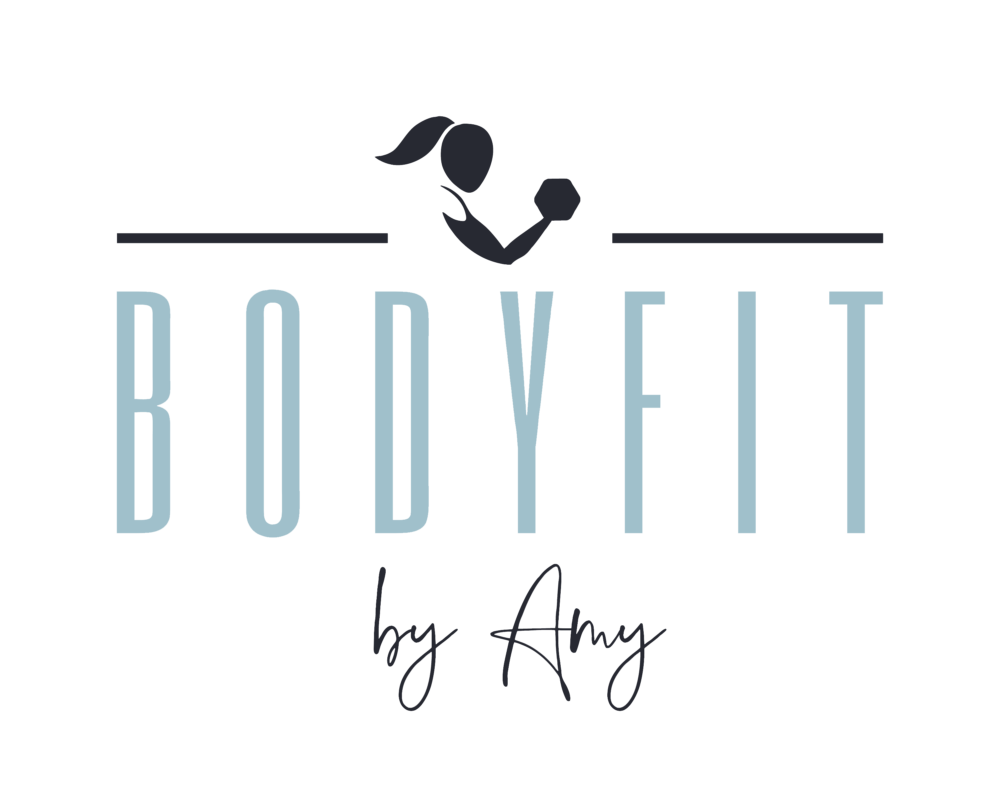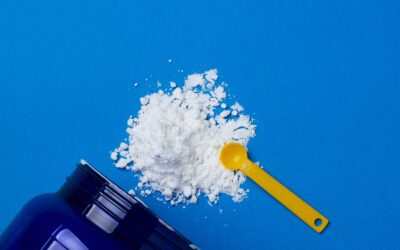By Vivian Schemper, RDN, LDN
Is it better to eat perfectly 6 days per week and then have an all-out cheat day or is it better to eat mostly healthy and end every day with a treat, like 2 chocolate chip cookies? The answer: treat every day is a better approach. As a registered dietitian, I am not a fan of cheat days. They enforce the all-or-nothing or black and white view of food, and you are essentially choosing one day where you can be “bad.” Referring to food as forbidden, bad, or unclean, can be damaging to our mindsets. Also, this way of thinking can intensify cravings, which could lead to overeating. But setting all the psychology stuff aside, let’s take a look at the science of weight maintenance when it comes to cheat days.
THE DAILY TREAT
On average, a regular cookie has about 80-100 calories, plus or minus, depending on the size, and yes, some added sugar. So, if you work out with Amy, eat a protein-packed breakfast, a hearty salad for lunch, and a nourishing dinner, and end the day with 2 cookies, you’ve done nothing wrong! You have not “ruined” your day or your progress by choosing a treat. In fact, this approach aligns with the 80/20 rule of moderation and is much more sustainable. There is nothing unhealthy about this approach, and you can live a very healthy life by eating this way.
THE CHEAT DAY
What if you choose to have an all-out day where you can eat whatever you want? You know, it’s cheat day, so let’s have fried eggs, hash browns, bacon, sausage, sure, let’s do ham too because cheat day, and might as well add some pancakes since…cheat day. What impact does that have on your health and weight?
While there’s nothing deadly about having a full day where you don’t eat nutritious meals, this intention of eating as many unhealthy foods as possible in one day isn’t a great approach. To gain one pound of fat, you generally need to eat an excess of 3,500 calories. When you go on an all-out eating feast, it is technically possible to eat an excess of 3,500 calories, which would lead to weight gain. Now, rest assured, overeating by this much is hard to do, so while not impossible, it’s also not easy.
However, many people find themselves gaining five or more pounds from their cheat days and end up discouraged that all their hard work has been thrown away. All of the excessive carbs, salt, and sugar that is eaten during the cheat day generally lead to some -major- water retention. That’s typically where the weight gain comes from – water, not fat. But this is the cycle that many people get stuck in. They restrict and focus on being “good” during the week to reach their goals and then let loose on Saturday or Sunday – or both. Come Monday, they are struggling with guilt, shame, disappointment, and feel defeated by the weight that was gained. This constant cycle makes you feel hopeless – you work so hard for six days to lose one pound and then gain six overnight. By the time you get rid of all that water weight, it’s time for cheat day again and… you can see the yo-yo cycle here.
THE BOTTOM LINE
We are humans, not robots. If the concept of relaxing about your meals on one day feels sustainable and not excessive, do what works best for you. But, if you are stuck in a cycle of not seeing progress and dealing with guilt, then it may be time to rethink the approach of cheat days. It may work best for you to sprinkle treats throughout the week instead of saving them all for one day.





0 Comments